Sewage Pumps
Maintain Your Sewage Pump & Lift Station With Patriot Pump Services LLC
Sewage pumps are designed to remove water, waste, and other small particles to your home’s sewage system or septic tank. These pumps are most commonly installed in basement bathrooms to ensure that no waste backs up into the system. Given the role these devices play, keeping them in good condition is essential. To support the functionality of your sewage pump and the integrity of your home, Patriot Pump Services LLC offers comprehensive service options. We can perform regular maintenance on your system, and we are also available for repairs at any time.
When it’s time to replace your sewage pump, we will seamlessly install a new pump. We work with all major brands, and we can work with residential, commercial, and municipal customers. If you’re interested in regular maintenance, we offer flexible service contracts that can be customized to your specific needs and preferences. We’re always available with 24/7 emergency service, so call now.

Trust the Pump Mechanic Experts
Patriot Pump Services LLC can help customers with their sewage pumps in Massachusetts, Connecticut, and Rhode Island as well as Southern NH and VT. You can count on us because we have over 15 years of experience. New installations and repairs are always protected by a standard warranty covered by all major pump manufacturers. Get a free service estimate today. Get in touch with our team today to schedule an appointment for a sewage pump service.
We Work on the Following Sewage Pump Brands:
- Barnes
- Myers
- Zoeller
- E/One
- Weil
- Liberty
- Environment One
- Barnes
Why Sewage Pumps Are Important
Sewage pumps are essential for moving wastewater through underground pipes, overcoming gravity and elevation changes. They help transport wastewater from lower-lying areas to higher-elevation treatment plants for processing.
By efficiently pumping sewage and preventing backups, these pumps help prevent flooding and water damage, both inside buildings and in surrounding areas. They play a crucial role in protecting public health and preventing environmental contamination.
Sewage pumps are designed to handle solid waste, debris, and other particulate matter that may be present in wastewater. They have cutting blades or impellers that can shred and macerate solids, making the wastewater easier to transport.
In areas where sewage systems are not available, septic systems are used to treat and dispose of wastewater from individual properties. Sewage pumps are utilized to transport the wastewater from the septic tank to the drain field for proper treatment and percolation.
Sewage pumps are also used in various industrial settings such as manufacturing plants, commercial operations, and agricultural facilities. They help process and transport wastewater generated by these industries, preventing environmental pollution.
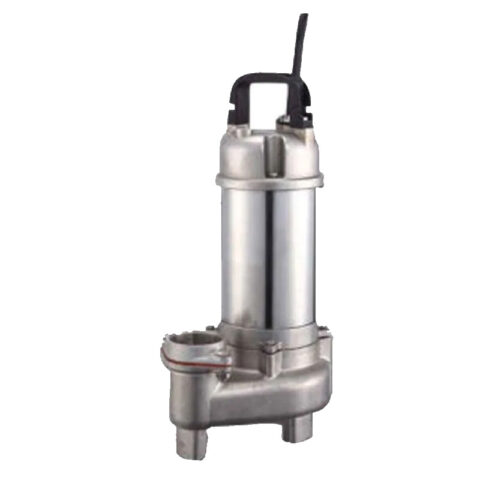
Vortex Sewage Pumps
In a vortex design, the impeller spins, creating a tornado-like motion to draw waste into the pump and expel it through the discharge pipe with minimal contact with the impeller. The vortex setup provides the sewage pump with increased capability to handle stringy materials it may encounter.
Unlike the typical centrifugal pump, its pumping action is a two stage process. The impeller, which is located outside the flow area of the volute, produces a primary vortex or swirling action in the water that resides in and around its vanes. This vortex creates a secondary vortex in the volute that produces flow.
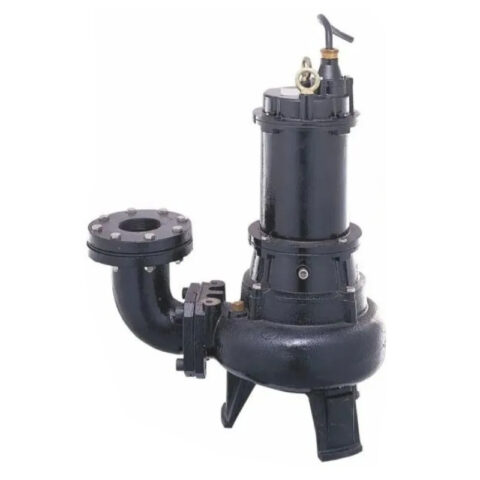
Cutter Sewage Pumps
Cutter sewage pumps are robust and efficient devices designed to handle tough wastewater and sewage applications with ease. These sewage pumps are equipped with sharp blades, known as cutter mechanisms, which chop up solid waste into smaller particles, allowing for smoother flow and preventing clogs. Their heavy-duty construction and reliable performance make them ideal for use in municipal sewage systems, industrial plants, and commercial buildings. With their ability to effectively handle solids-laden sewage fluids, cutter sewage pumps contribute to maintaining clean and functional sewage systems, ensuring smooth operations and minimizing the risk of blockages and backups.
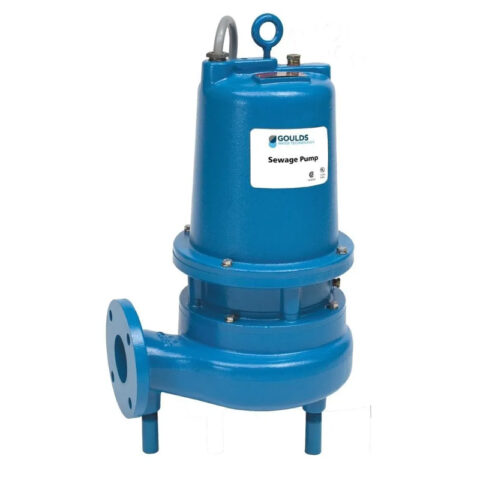
Non Clog Sewage Pumps
Non-clog sewage pumps are specialized pumps designed to efficiently transport wastewater and sewage containing high concentrations of solids without clogging. These pumps feature wide passages and specially designed impellers that can handle large solid particles without getting blocked. They are commonly used in municipal sewage systems, wastewater treatment plants, and industrial applications where the presence of solids is significant. Non-clog sewage pumps play a crucial role in maintaining the integrity and functionality of sewage systems by preventing blockages and ensuring continuous flow, thus minimizing the risk of backups and potential environmental hazards. Their robust construction and reliable performance make them indispensable assets in managing sewage and wastewater effectively.
Sewage Pump FAQs
A sewage pump is a device used to move wastewater from homes and buildings to a sewer system or septic tank. It works by using a motor to create a flow that transports sewage and effluent to the appropriate destination.
Regular maintenance for sewage pumps is typically recommended every 1-2 years. However, factors like pump usage, age, and local regulations may influence the maintenance frequency.
While basic inspections and cleaning can be done by homeowners, it’s advisable to have a professional technician conduct comprehensive maintenance, including electrical checks and more complex tasks.
Signs of sewage pump issues may include unusual noises, reduced flow rate, constant cycling, or sewage backups. If you notice these signs, it’s essential to contact a professional for repairs.
The cost of sewage pump repair varies depending on the problem’s severity. Minor repairs may be relatively inexpensive, while major issues can be more costly. Regular maintenance can help prevent significant repairs.
Yes, you can retrofit an existing system with a sewage pump. A qualified plumber or technician can assess your needs and determine the feasibility of the retrofit.
The lifespan of a sewage pump can vary but often falls within the range of 7 to 15 years. Proper maintenance can extend its life, while neglecting maintenance may lead to premature failure.
The installation process involves digging a pit or chamber, placing the pump inside, connecting it to the plumbing system, and ensuring proper electrical connections. Professional installation is recommended.
To prevent issues, avoid flushing non-biodegradable items, such as wipes, sanitary products, and grease, into the sewage system. Regularly inspect and clean pump components to maintain efficient operation.
In case of a sewage pump failure or emergency, reduce water usage, avoid flushing additional waste, and immediately contact a qualified sewage pump technician or plumber to assess and address the issue.


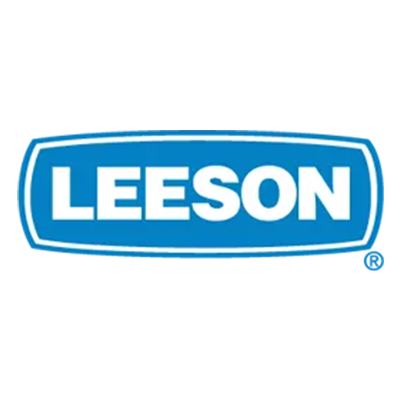
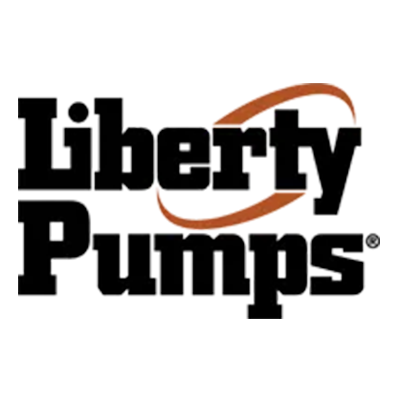

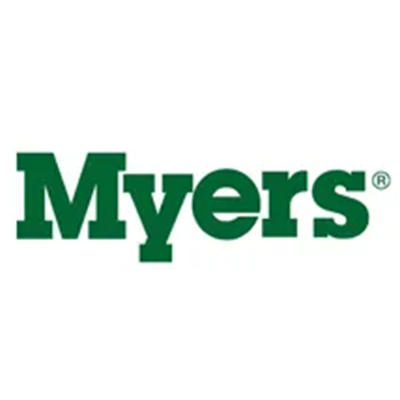




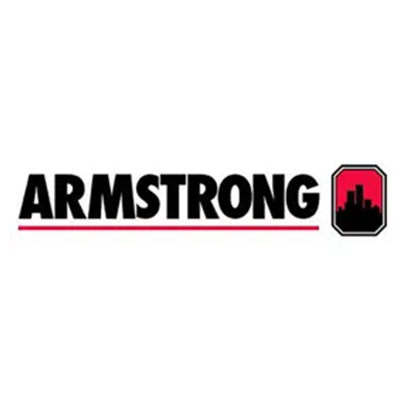

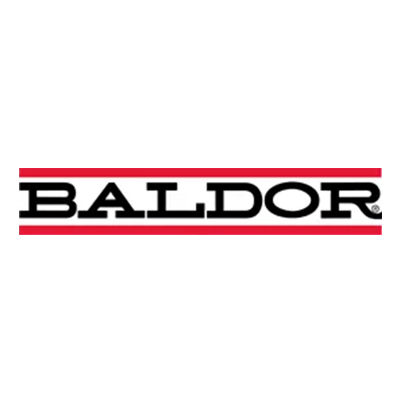

Here’s What Customers Are Saying About Us!
Punctual, informative, and very knowledgeable. They did a great job.
Dean and the Patriot Pump team were incredible! Despite our original pump supplier dismissing our concerns, stating the noise was normal as long as the alarm didn't sound, Dean's team proved otherwise. They swiftly replaced our damaged pump, revealing the true issue. Now, with the new, quiet, and efficient pump, we're elated. Their promptness, expertise, and commitment to educating us made a world of difference. Highly recommend Patriot Pump for their exceptional service!
Dean and his crew are awesome anything septic these guys are there. Awesome work too. They come out when you call. Thanks to all of you from the President, Board and residents of Brook Farm Commons.
